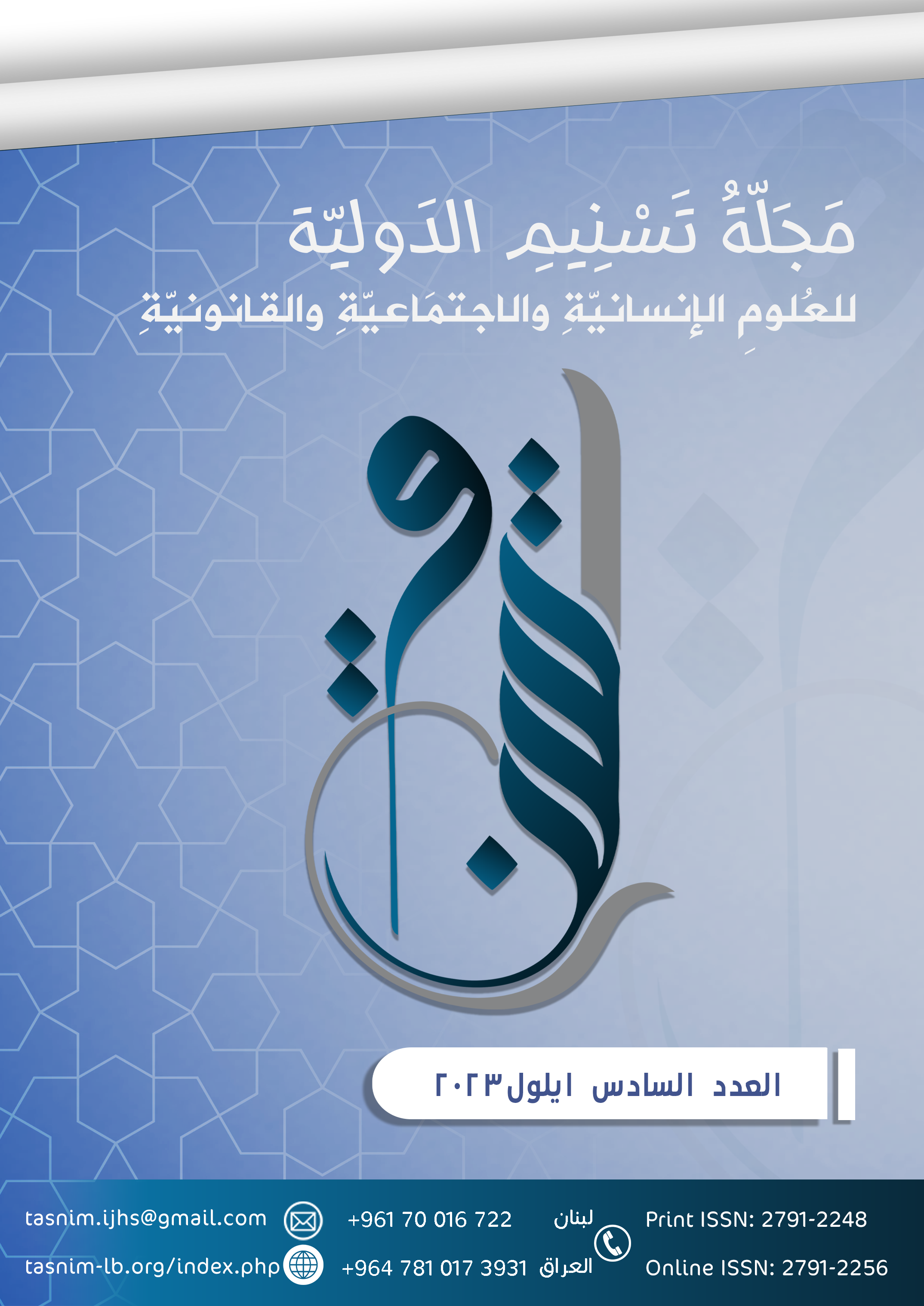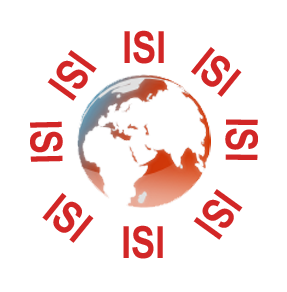The Level of Future-Oriented Thinking Skills Among Student Teachers Specializing in Sciences at Sultan Qaboos University
DOI:
https://doi.org/10.56924/tasnim.6.2023/8Keywords:
Science student teachers, Sultan Qaboos University, future thinking, future thinking skillsAbstract
The study is talking the degree of science education students possessing of the study aimed to find out the degree to which students-teachers majoring in science at Sultan Qaboos University in the Sultanate of Oman possess future-thinking skills. The study sample consisted of (100) male and female students (45 males and 55 females) majoring science at the Collage of Education at Sultan Qaboos University. They were chosen by the availability sampling method. To achieve the objectives of the study, the researcher prepared two tools for the study: a scale for future thinking skills, consisting of (36) phrases distributed over six axes (future planning, future problem solving, future predicting, future speculation, future expectation and future orientation evaluation). The results of the study showed that the degree of possession of future thinking skills by students in the sciences major at Sultan Qaboos University was high, with an arithmetic average of (3.49), and the degree of students’ teachers’ possession of all future thinking skills in science was high. And that there were no statistically significant differences at the level (α ≤ 0.05) in the degree to which student teachers possessed a science major due to the variables of gender, academic qualification, specialization, and study stage. In light of the previous results, the study recommends including the content of university curricula with future situations and issues that develop students’ teachers’ skills of future thinking and use modern teaching strategies and methods that help the student-teacher to apply future thinking.
Downloads

Downloads
Published
How to Cite
Issue
Section
License
Copyright (c) 2023 Tasnim International Journal for Human, Social and Legal Sciences

This work is licensed under a Creative Commons Attribution-NonCommercial-NoDerivatives 4.0 International License.





